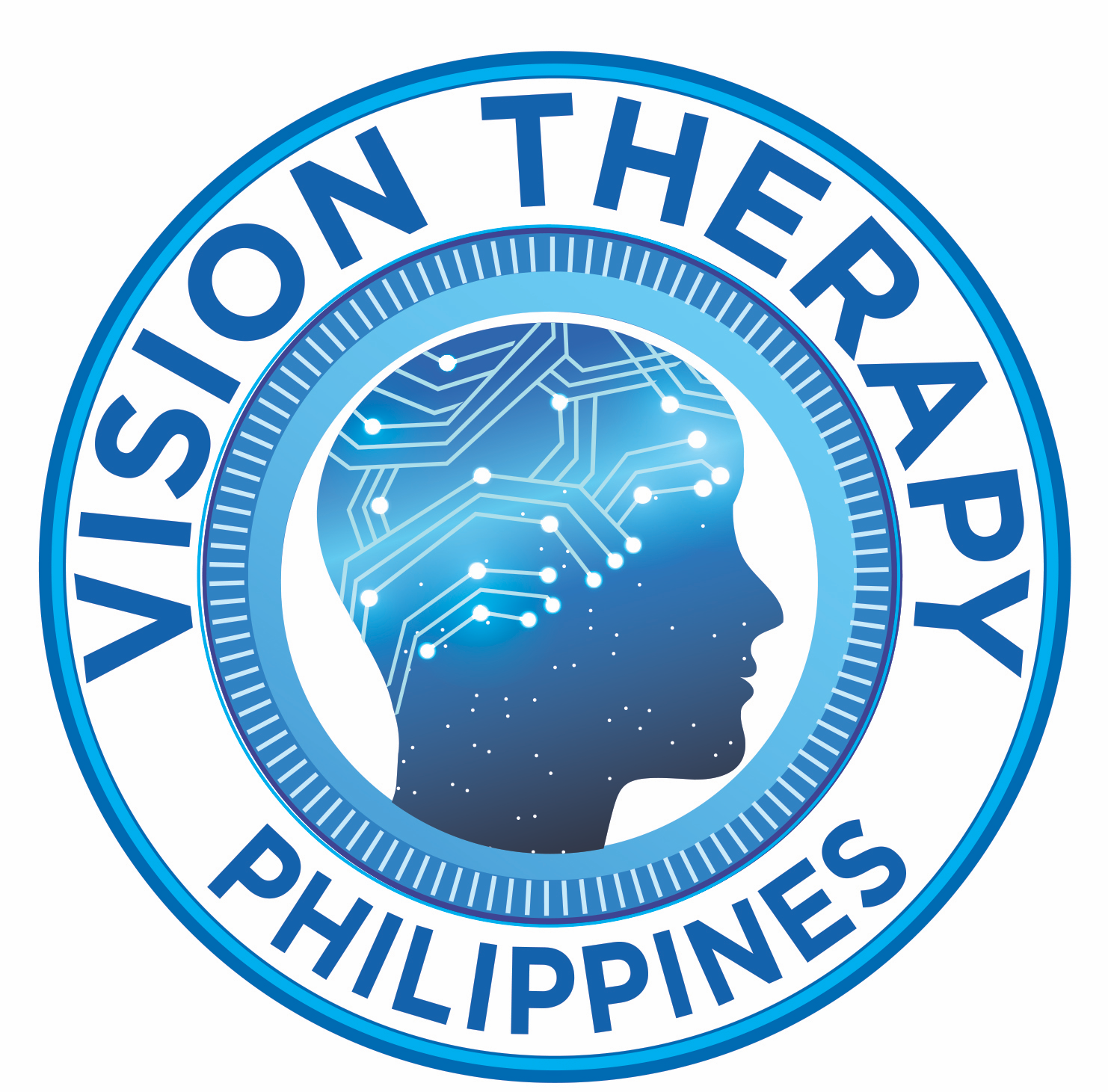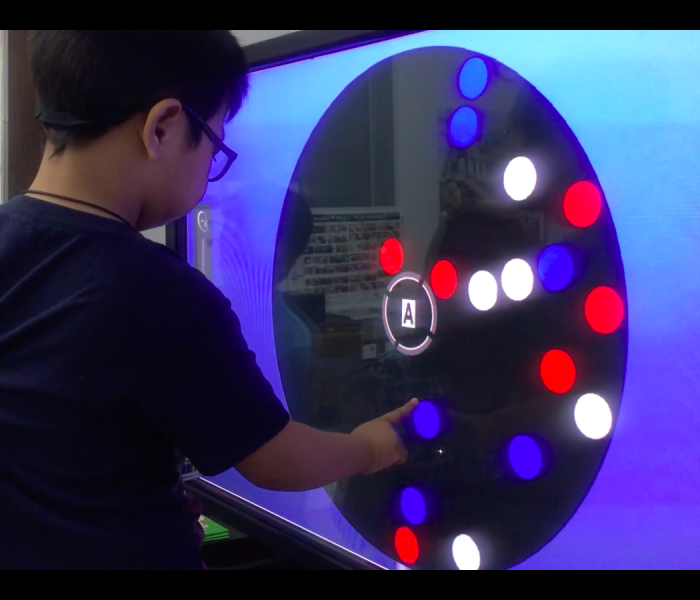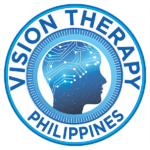ADD and ADHD
About
Within the classroom, 80% of learning comes through our visual
system. If visual skills are highly developed, reading and learning can become effortless. However, when learning becomes difficult, frustrations during homework may surface as well as poor attention/concentration in the classroom. Since these behaviors commonly link with ADD and ADHD, many doctors’ misdiagnosis the patient with this behavioral condition and exclude crucial vision
screenings.
Possible Conditions
Vision is the dominant sensory system. Even with 20/20 visual acuity, an individual may still suffer from a vision condition, which affects their ability to read, concentrate on homework,
and overall performance in the classroom. Symptoms like:
- Concentration problems may result from an accommodative dysfunction, a vision condition that makes eye focusing difficult.
- Headaches, double vision, and/or eyestrain may cause frustration during reading/homework actives as a result of a condition known as convergence insufficiency (CI). CI is an eye teaming condition which causes the eyes to drift outward when reading or during other up- close tasks.
- If one is slow at reading or unable to keep their place on a page, they may have an oculomotor dysfunction, which is a deficiency in fixation, saccadic eye movement, and/or pursuit eye movements.
- Often people experience vision problems after concussions or other brain injuries and may suffer from post-concussion vision syndrome.
- If one cannot make sense of visually presented information, they may have a visual processing disorder.
Treatment
We treat binocular vision deficiencies with a personalized approach. With this approach, each session is one-on-one (therapist-to-patient), conducted under doctor supervision.
During treatment, our doctors and therapists apply state-of-the-art technology and procedures, making treatment fun and productive. Our advanced approach incorporates coordinated movement, balance, auditory processing and cognitive abilities.
After treatment, our patients obtain significantly improved vision, academic abilities, and coordination skills. These improvements empower our patients’, instill a greater sense of confidence, and produce lives that are more productive.


